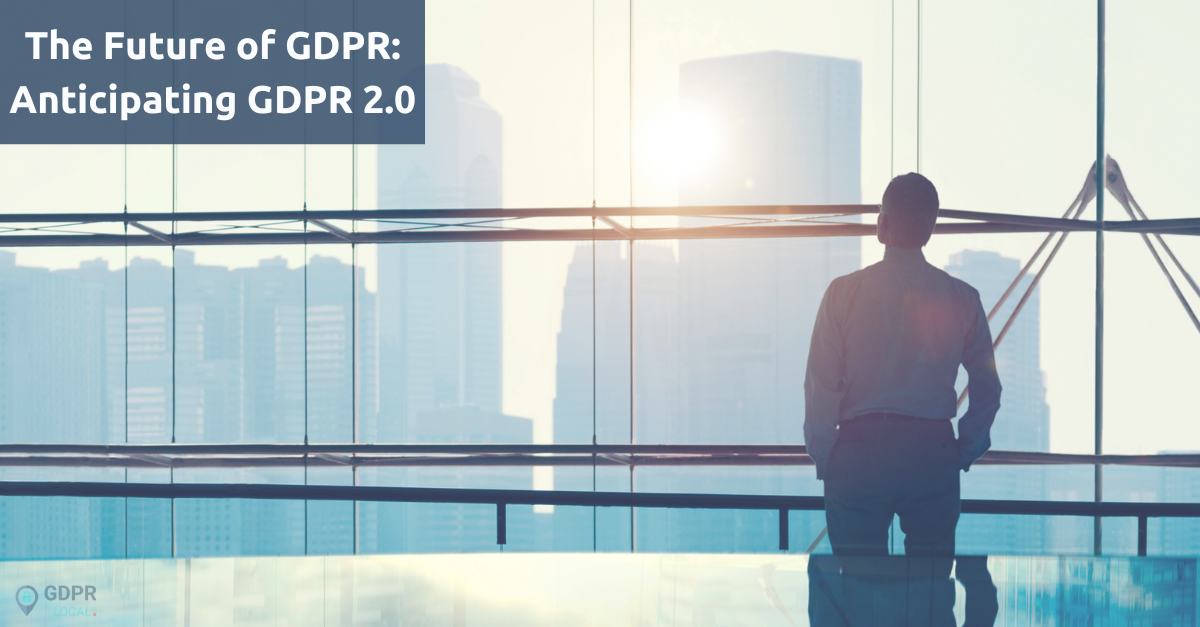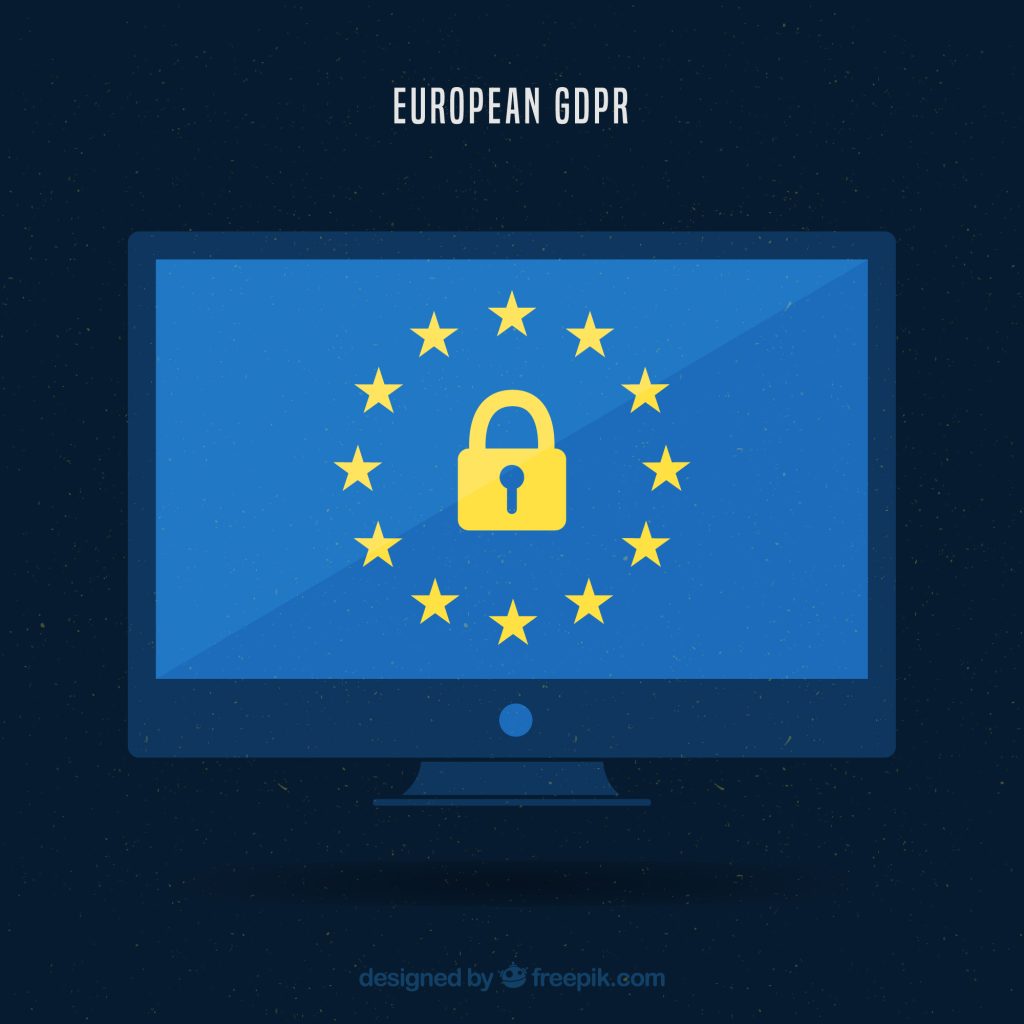
The Future of GDPR: Anticipating GDPR 2.0
Data protection and privacy have become paramount concerns for individuals and organizations alike. The General Data Protection Regulation (GDPR) has been instrumental in safeguarding personal data and empowering individuals with greater control over their information. As we look to the future, the question arises: what lies ahead for GDPR? Will there be a GDPR 2.0? In this article, we will explore the potential future of GDPR and discuss how it can continue to adapt and evolve to address emerging challenges.
The Current State of GDPR
Before going into the future of GDPR, let’s take a moment to recap its current state. Implemented in May 2018, GDPR revolutionized data protection by establishing a comprehensive framework for the processing and handling of personal data. Its core principles include transparency, accountability, and the rights of individuals to access, rectify, and erase their data. GDPR also introduced stringent requirements for data controllers and processors, such as the obligation to obtain valid consent, implement appropriate security measures, and report data breaches within 72 hours.
GDPR’s impact has been far-reaching, forcing organizations worldwide to reevaluate their data protection practices and comply with its stringent requirements. Non-compliance can result in severe penalties, including fines of up to €20 million or 4% of global annual turnover, whichever is higher. As a result, businesses have invested significant time and resources to ensure GDPR compliance and protect the privacy of their customers.
The Need for GDPR 2.0
While GDPR has undoubtedly been a game-changer in the realm of data protection, the digital landscape continues to evolve rapidly. Technological advancements, such as artificial intelligence, machine learning, and the Internet of Things, have introduced new challenges and risks to personal data privacy. Additionally, the COVID-19 pandemic has highlighted the need for more robust data protection measures to address the surge in remote work and the collection of health-related data.
To keep pace with these developments, there is a growing call for a GDPR 2.0—a revised and updated version of the regulation that addresses emerging challenges and provides greater clarity on existing requirements. GDPR 2.0 would aim to strike a balance between protecting individuals’ privacy rights and enabling organizations to leverage data for innovation and economic growth.
Key Considerations for GDPR 2.0
As we anticipate the future of GDPR, several key considerations emerge that could shape the development of GDPR 2.0. Let’s explore these considerations and their potential implications.
Strengthening Consent Mechanisms
Consent is a fundamental aspect of GDPR, and GDPR 2.0 could further strengthen the requirements for obtaining valid consent. This may involve clearer guidance on what constitutes valid consent, ensuring that individuals have a genuine choice and understanding of how their data will be used. Additionally, GDPR 2.0 could address the challenges posed by emerging technologies, such as AI, by requiring organizations to obtain explicit consent for automated decision-making processes that significantly impact individuals.
Enhancing Data Subject Rights
GDPR introduced several rights for data subjects, such as the right to access, rectify, and erase personal data. GDPR 2.0 could expand upon these rights and introduce new ones to address evolving privacy concerns. For example, individuals could be granted the right to data portability, allowing them to transfer their personal data between service providers easily. Furthermore, GDPR 2.0 could strengthen individuals’ rights regarding automated decision-making processes, including the right to explanation and the right to opt-out.
Addressing Cross-Border Data Transfers
As data flows across borders become increasingly prevalent, GDPR 2.0 could provide additional guidance on cross-border data transfers. This could include clearer rules on data transfers to countries outside the European Economic Area (EEA) and the potential introduction of new transfer mechanisms to ensure an adequate level of protection. Additionally, GDPR 2.0 could address the challenges posed by data localization requirements and promote harmonization of data protection laws globally.
Fostering Accountability and Compliance
Accountability is a cornerstone of GDPR, and GDPR 2.0 could further emphasize the importance of accountability in data protection practices. This may involve introducing stricter requirements for data controllers and processors to demonstrate compliance, such as conducting regular data protection impact assessments and implementing privacy by design and default principles. Furthermore, GDPR 2.0 could encourage organizations to adopt privacy-enhancing technologies and promote the use of privacy seals and certifications to demonstrate their commitment to data protection.
Collaboration and Cooperation
The future of GDPR will likely involve greater collaboration and cooperation between data protection authorities (DPAs) and other regulatory bodies. GDPR 2.0 could establish mechanisms for enhanced cooperation among DPAs to ensure consistent enforcement and interpretation of the regulation across the EU. Furthermore, GDPR 2.0 could encourage closer collaboration between DPAs and other international bodies to address global data protection challenges and promote harmonization of privacy laws.
How GDPRLocal Can Help
As organizations operate data protection and strive for GDPR compliance, they can turn to GDPRLocal for comprehensive support and guidance.
Our expert team of privacy professionals can assist with data mapping and inventory, privacy impact assessments, consent management, and ongoing compliance monitoring. Additionally, we provide tailored training programs to educate employees on their data protection obligations and best practices.
With GDPRLocal by your side, you can navigate the evolving landscape of data protection and ensure that your organization remains compliant with current and future data protection laws.
The Future of GDPR: Looking Ahead
As we look to the future, it is clear that GDPR will continue to evolve to address emerging challenges and protect individuals’ privacy rights. GDPR 2.0 has the potential to shape the future of data protection by strengthening consent mechanisms, enhancing data subject rights, addressing cross-border data transfers, fostering accountability and compliance, and promoting collaboration and cooperation.
While GDPR 2.0 is not yet a reality, organizations must stay informed and prepare for the potential changes that lie ahead.
The future of GDPR is one of adaptability and continuous improvement, driven by the need to protect personal data in an increasingly digital world. With us as your trusted partner, you can confidently embrace the future of GDPR and safeguard the privacy of your customers and stakeholders.

Conclusion
GDPR has been a game-changer in the field of data protection, but its work is far from over. The future of GDPR lies in its ability to adapt and evolve to address emerging challenges and protect individuals’ privacy rights. GDPR 2.0 holds the promise of strengthening consent mechanisms, enhancing data subject rights, addressing cross-border data transfers, fostering accountability and compliance, and promoting collaboration and cooperation.
As organizations strive for GDPR compliance, GDPRLocal is here to provide comprehensive support and guidance. With our expertise and tailored solutions, organizations can confidently embrace the future of GDPR and ensure the privacy and security of personal data.
The future of GDPR is bright, and with the right partner by your side, you can navigate the complexities of data protection and stay ahead of the curve. For more information, make sure to contact us.